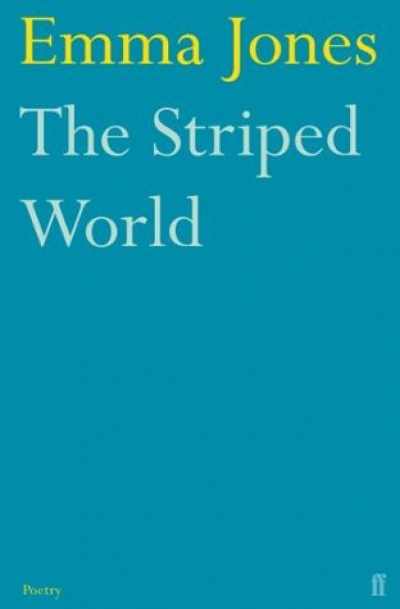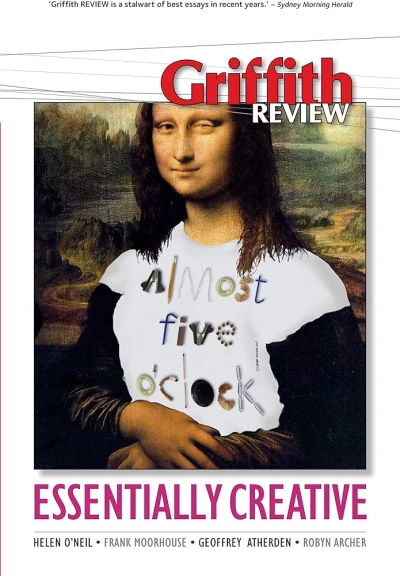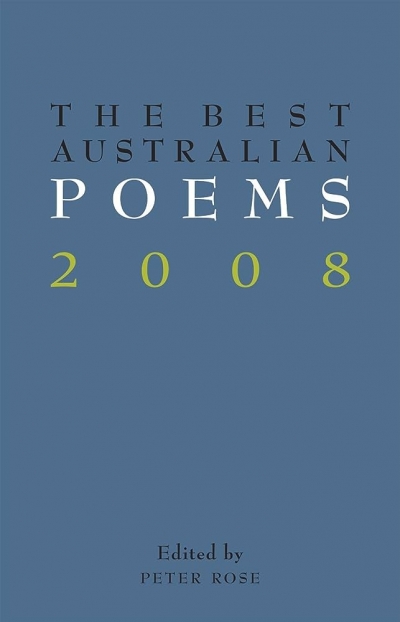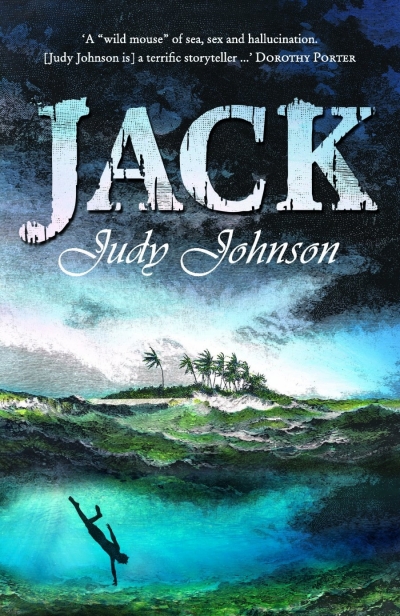Anthony Lynch
Griffith Review 23: Essentially Creative edited by Julianne Schultz
by Anthony Lynch •
Indigo Vol. 3 edited by Sarah French, Richard Rossiter and Deborah Hunn
by Anthony Lynch •
To Sculpt The Moment: Newcastle Poetry Prize Anthology 2008 edited by Hunter Writers’ Centre
by Anthony Lynch •
The Best Australian Poems 2008 edited by Peter Rose & The Best Australian Poetry 2008 edited by David Brooks
by Anthony Lynch •









